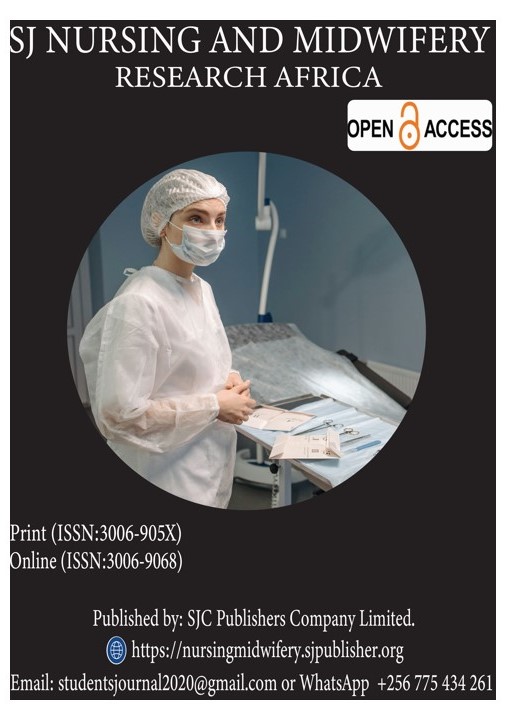THE CHALLENGES TO SELF-CARE AMONG TYPE 2 DIABETIC PATIENTS AT KABWOHE HEALTH CENTER IV. A CROSS-SECTIONAL STUDY.
DOI:
https://doi.org/10.51168/3da3kt71Keywords:
Self-care, Type 2 diabetic patients, Kabwohe Health Center IVAbstract
Background:
Diabetes is a chronic metabolic condition characterized by high blood glucose (or blood sugar) levels that, over time, cause significant damage to the heart, blood vessels, eyes, kidneys, and nerves. The most common is type 2 diabetes, which mainly affects adults and arises when the body develops insulin resistance or fails to produce enough insulin. The study aims to assess the challenges to self-care among type 2 diabetes patients at Kabwohe Health Center IV.
Methods:
The study employed a cross-sectional study with qualitative methods among 18 participants who were selected using a purposive non-probability sampling technique. Recordings of the discussion were done using two recording devices to provide backup for the interviews and data analysis was done where responses were transcribed in verbatim then to English by the research team, coded, and categorized into themes and meaning drawn from the themes.
Results:
Patients with diabetes experienced significant negative consequences on their lives following a diabetes diagnosis and were afraid of diabetic complications. The access to resources and services, and the impact of illness are the themes that emerged as challenges to self-care among type 2 diabetes patients. Access to resources and services included sub-themes like logistical difficulties, costly food, and waiting for appointments. The impact of illness included subthemes like the impact activities of income generation and the effect on sexual activity.
Conclusion:
Resources and illness adaptability were the challenges identified. Before a patient with diabetes can do self-care, learning the basics of the condition is very important.
Recommendation:
Practitioners ought to have unique measures and guidelines for each patient diagnosed with diabetes and the earlier the information is given to these newly diagnosed patients the better outcome of self-care of diabetes.
Downloads
Published
Issue
Section
License
Copyright (c) 2024 Rodrick Tugume , Andrew Natwijuka (Author)

This work is licensed under a Creative Commons Attribution-NonCommercial-NoDerivatives 4.0 International License.




